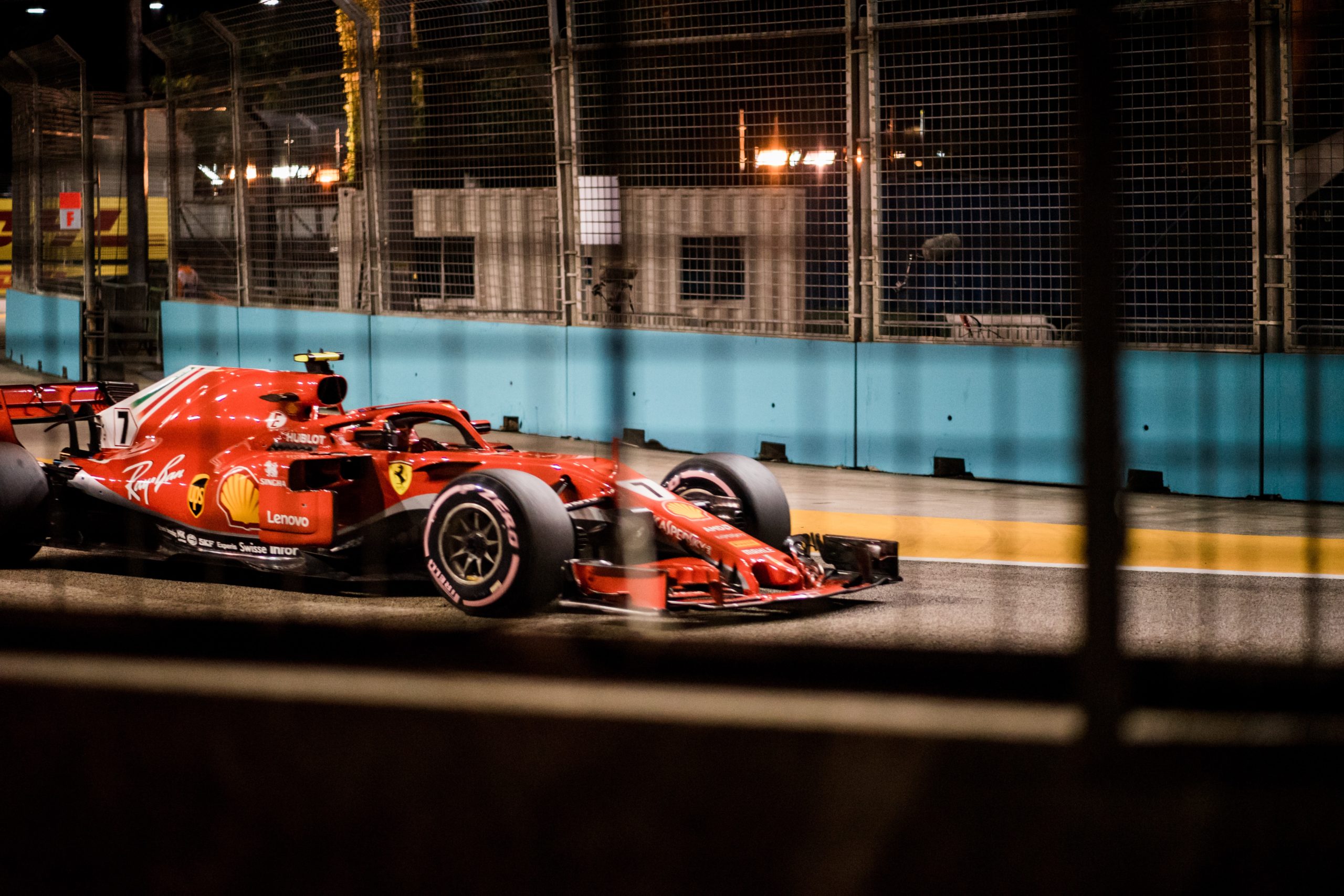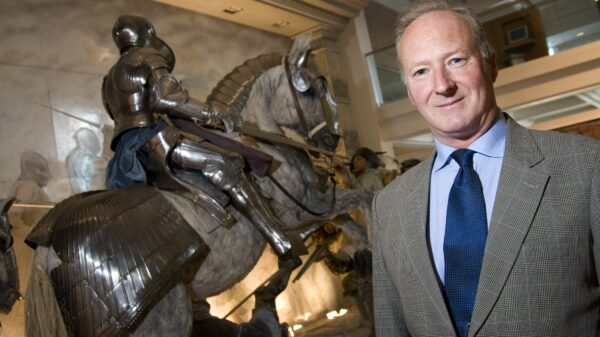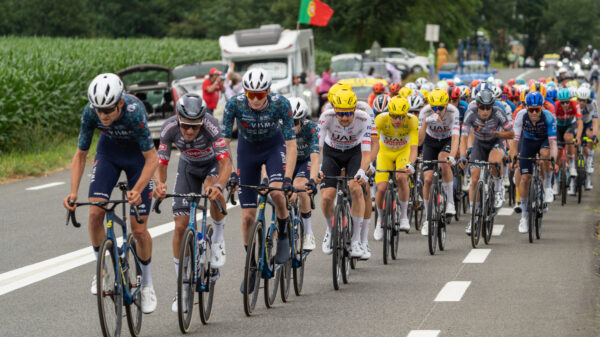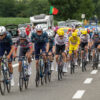From high speeds to deadly crashes, Formula One has it all. Decisions made in split seconds determine whether a driver will enjoy a shower of champagne or end the day with gravel in his shoes. There is no doubt that it takes a special combination of mental, physical and technical skill to reach the pinnacle of motorsport. However, it is the mindset of a driver that determines whether he will go down in the history books or merely forgotten.
“Winning is one thing, but out of losing I always learned more for the future.â€
– Niki Lauda
The difference between a good driver and a great one lies in the mindset. Having a fixed or growth mindset will determine your attitude and behaviour. A fixed mindset presumes that our abilities are ingrained traits that are impossible to change in any meaningful way. Individuals tend to avoid situations where their weaknesses could be exposed, viewing failure as the ultimate rock bottom with no return. This mindset has no room in Formula One, and a driver with an inclination for such thoughts will quickly realise that his doors are shut for any successful future in the sport.
A growth mindset, on the other hand, thrives on challenges and sees failure as a possibility for improvement. Lewis Hamilton would not have claimed his 7th World Drivers’ Championship if he did not possess a growth mindset. Despite facing financial struggles and racial discrimination, the 9-year-old Lewis did not let this affect his confidence, promising the McLaren team boss that he would become their future driver. After fulfilling his promise, he did not get used to the comfort and moved from McLaren to Mercedes, perceived by many to be a highly questionable and risky choice. Now, he is statistically the greatest driver to date. He turned his setbacks into areas for growth, never satisfied nor settling. This is a growth mindset.
“It is not always possible to be the best, but it is always possible to improve your own performance.†– Sir Jackie Stewart
Fundamentally, Formula One drivers feel the same emotions as ordinary people. A race weekend can trigger unwanted thoughts of underperformance, driven by promises made to the team, sponsors and fans. Unlike most racing drivers, who turn up and deal with situations as they come, the greatest learn early on how to regulate these emotions.
Kerry Spackman, a cognitive neuroscientist who helped world champions Fernando Alonso and Lewis Hamilton expand their mental capacities, compares driving a race car to being chased by a tiger. It’s a completely unnatural and life-threatening environment, where a driver without mental training would enter a state of paralysis. Sports psychologists have dedicated decades to researching the perfect formula to manage these intense feelings, agreeing on some common principles. First, slowing down the body will slow down the mind. Second, breaking a race down into fragments and studying the finest details will activate the same muscles as physically racing, creating a mental familiarity with the surroundings. Third, instead of fighting these emotions, the correct approach is to accept them as being part of a natural process and create a separate space for them in your brain. Doing this will put you one step closer to absolute control, working in a preparative manner rather than reactive.
“You can’t switch off negative emotions, but you can change how you react to them. If you’re aware, you can slow them down and move your mind towards more positive thoughts.†– Nico Rosberg
A phenomenon that sports psychologists recognise as being especially common with motorsport athletes is the flow state, commonly known as being in the zone. Bill Cole, a leading authority of sports psychology, describes it as entering a psychological bubble where all external distractions are automatically blocked out. This allows athletes to focus solely on things that will help reach their goal. Some describe it as being in a vortex where time is a paradox. Although riding on a thousand screaming horses may seem an unlikely source of inner peace, as journalist Clyde Brolin put it, life at 200mph can lead to surreal effects, from slow motion to journeys out of the body.
Ayrton Senna was notably the first driver in Formula One to practice with a sports psychologist. According to rival Alain Prost, Senna would describe his race monitoring as being able to leave his physical body to look at how the car was behaving on track and adjust accordingly. This is exactly what happened during qualifying for the 1988 Monaco Grand Prix, where Senna continued setting shorter and shorter lap times despite long out-qualifying everyone on track. This lap time is now regarded as one of the greatest performances in the history of Formula One.
Mihaly Csikszentmihalyi, the inventor of flow theory, explains that achieving this state requires a combination of challenge, skill, confidence, and motivation. If the task at hand is not challenging enough, you will get bored. If it is too difficult, you will feel anxious. Only by reaching the perfect balance of possessing a high level of skill while feeling challenged will put you closer to the out of body experience described by Senna.
“First, you have to finish.†– Michael Schumacher
Drivers can recognise a circuit simply by the sound the car makes. They know every corner, exactly when to shift the gear and how the g-force makes them feel. Yet no matter how skilled or confident they are, they know that there is no such thing as a perfect race. In order to win, you just have to be slightly better than the rest. If you aim for perfection, you’re going to set yourself up for failure.
Perfectionists see the world in black and white, where the only acceptable outcome is to win. This mindset does not appreciate progress and perceives anything less than winning to be a failure. Instead of striving for perfection, sports psychologists recommend striving for excellence. Excellence focuses on the progress, achieving small goals and being a better version of yourself than you were yesterday. That way, the outcome will follow.
“I don’t fear failure, I fear not living up to my potential. I take that passion with me and never stop learning.†– Sir Lewis Hamilton
Accepting the inexistence of perfection means letting go of things outside of your control. For a racing driver, this mainly encompasses the ability to recognise that your surroundings do not always reflect your true potential. Take Pierre Gasly as an example. Promotion to the senior Red Bull team meant finally getting the chance to challenge the Silver Arrows for the top of the podium on a regular basis. But Gasly’s dream came to a sudden halt as he struggled from the outset to measure up to the exceptional Max Verstappen. Red Bull took action, demoting Gasly in the middle of the season. A few races later, Gasly went to score his maiden podium; and a year later, his first win. One can only speculate why Gasly and Red Bull did not mix, whether it was the pressure of matching his new teammate or difficulty of adjusting to the car. However, diving deep into such an analysis would be a waste of time. Gasly proved to his supporters, critics, and most importantly to himself, that his ability to push a car to its limits was never in question. This is a clear cut example of the mindset needed to progress.
Lastly, reaching the pinnacle of motorsport involves accepting relentless suffering. The greatest racing drivers endure merciless training, the risk of death and will never accept defeat. They are prepared to sacrifice it all, including friends, family and relationships. And yet, their efforts may be in vain if the team suddenly decides that you no longer reach their expectations. That’s it in Formula One, you only get one shot. There are very few who manage to come back the second time around. And even fewer who do not possess the mindset.


















